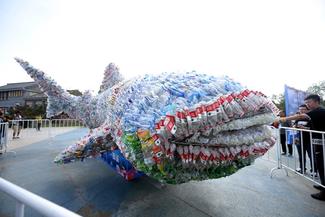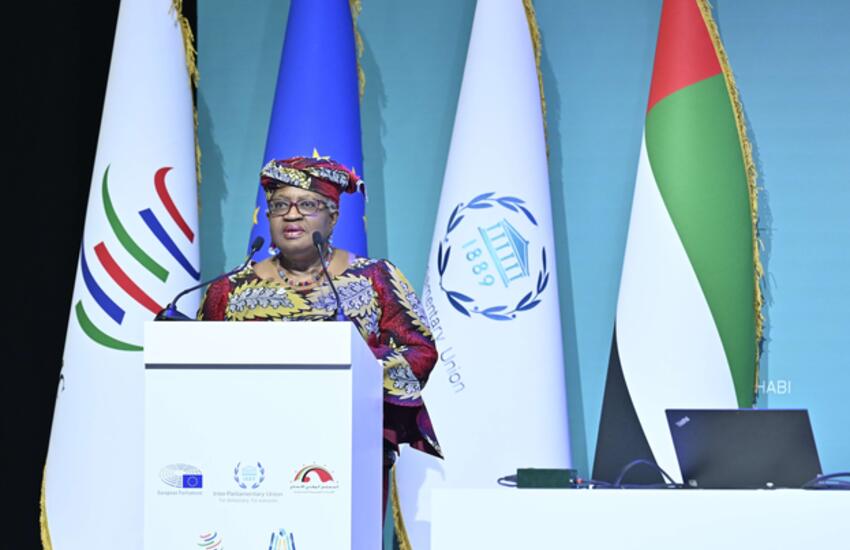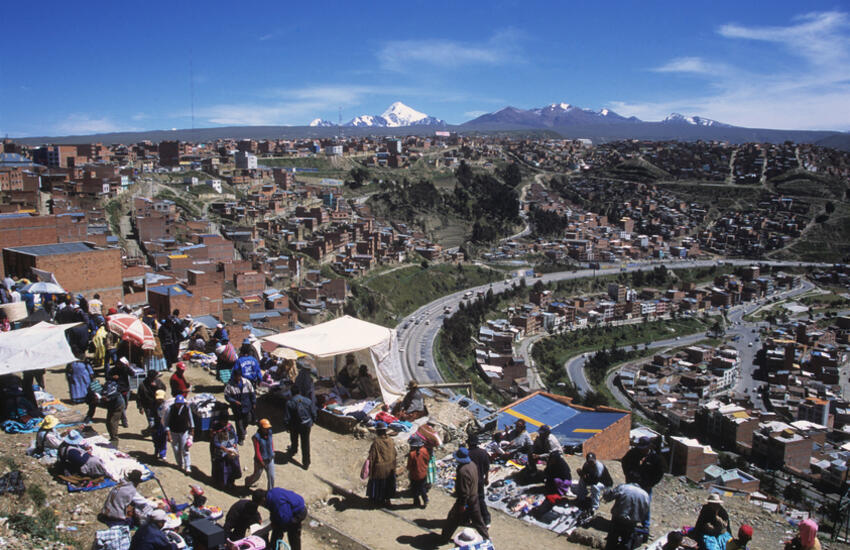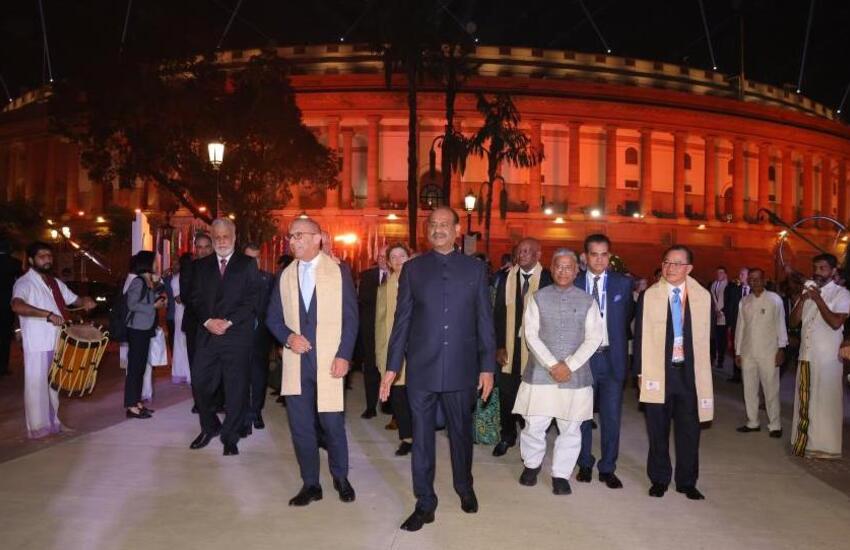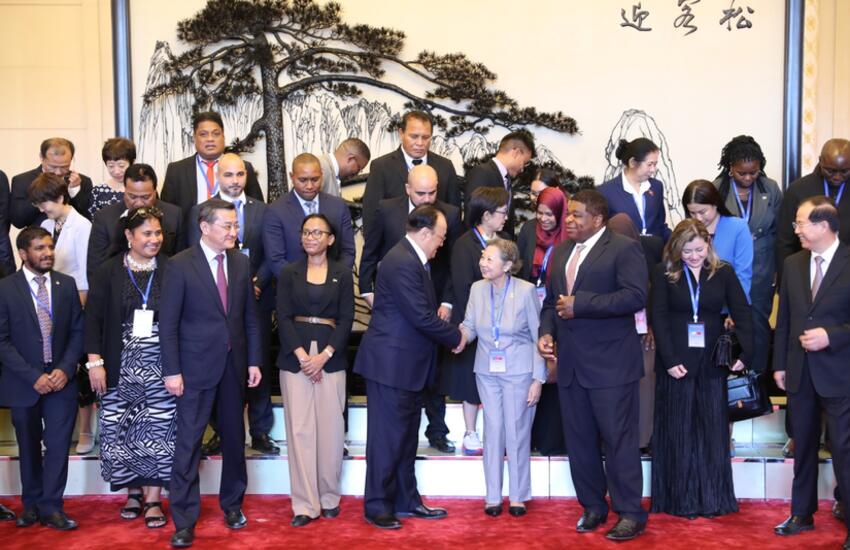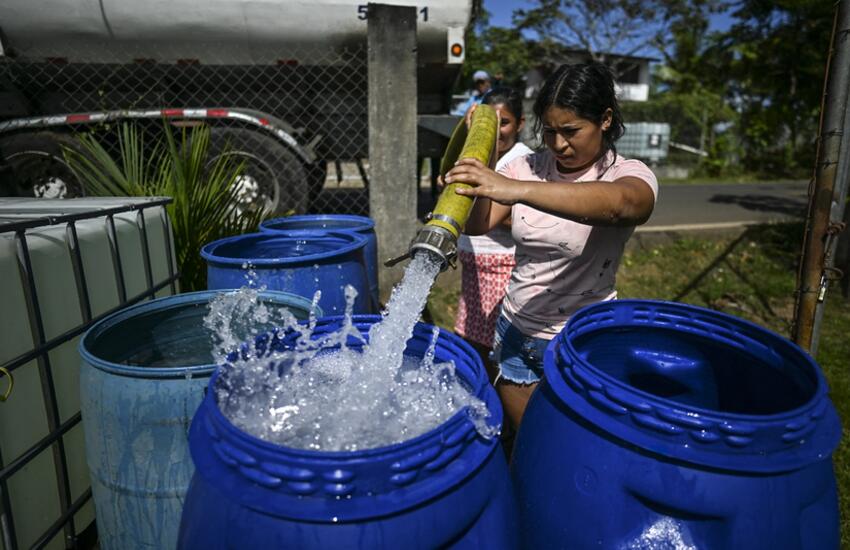With only 12 years to go before the deadline for the 2030 Global Goals, the IPU brought together MPs from North and South at the UN High Level Political Forum in New York from 9 to 18 July 2018.
This year’s theme was linked to Sustainable Development Goal (SDG) 12 on consumption and production patterns. According to the UN, domestic material consumption is increasing worldwide, rising from 1.29 kg per dollar of GDP in 2000 to 1.41 kg in 2015. This level of consumption is not only draining finite resources but also causing environmental degradation and climate change. Current consumption and production patterns demand more of nature than nature can deliver.
Parliaments and MPs are key to changing these patterns. They bridge the gap between the Global Goals and their local application - parliaments oversee what governments are doing to achieve the SDGs; they pass the annual budget to finance their implementation; and they ensure that all people are represented, particularly the most vulnerable.
As the global organization of parliaments, the IPU raises awareness of the 2030 Agenda for Sustainable Development by training and equipping parliaments with the tools to help them implement the SDGs. During the forum, the IPU brought together around 100 MPs, UN agencies and non-governmental organizations to exchange good practice and learn from each parliament’s experiences.
Each country has its own approach. In Denmark, there is an all-party group that looks at the SDGs, in Germany, the parliament holds an SDG week, in Fiji, there is a speakers’ debate. Some countries have a specific parliamentary committee, or targeted legislation; others include the SDGs in cross-cutting legislation or through thematic committees.
Parliaments, as representatives of the people, have to ensure that no-one is left behind. MPs discussed various ways of bringing people into the process. For example, in Argentina, MPs are trying to make the SDGs part of the school curriculum. In Bangladesh, MPs use local examples, such as the building of a school or a hospital, to engage with the people and communicate on the Global Goals.
Before the High Level Political Forum, the IPU surveyed parliaments to gauge how involved MPs were in the government reports on national SDG progress that were presented to the UN. The survey suggested that parliamentary involvement in the reports from the 47 countries presenting this year had been weak. This suggests that there is still much work to be done to empower parliaments to allow them to exercise their oversight role on the SDGs.
For more information about how your parliament can drive progress towards the Global Goals, the IPU has produced a self-assessment tool kit, in partnership with the United Nations Development Program. The kit helps parliaments assess how prepared they are to engage with the SDGs and provides strategies and mechanisms to help them implement the SDGs more effectively.





